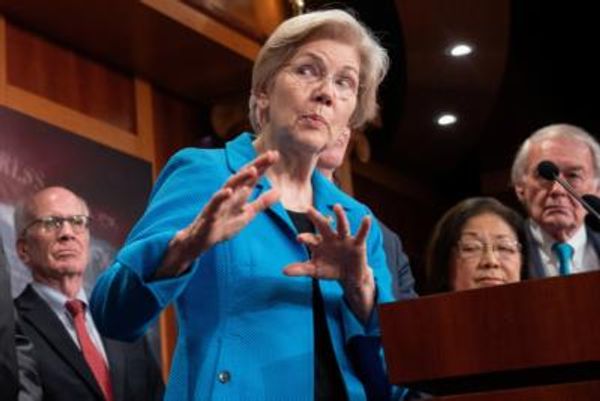More than 22million people will see their electricity and gas bills rise when the energy price cap increases from Friday, April 1.
Energy regulator Ofgem estimates that households on default tariffs paying by direct debit will see an increase of £693 from £1,277 to £1,971 per year.
Prepayment customers will see an increase of £708 from £1,309 to £2,017.
What is the energy price cap?
The price cap is updated twice a year and tracks wholesale energy and other costs.
It is designed to stop energy companies from making excessive profits while allowing energy companies to pass on all reasonable costs to customers, including increases in the cost of buying gas.
Small businesses are not covered by the energy price cap and could see their bills increase further.
Since the price cap was last updated in August 2021, the current level does not reflect the unprecedented record rise in gas prices which has since taken place.
Under the price cap mechanism, energy companies will be allowed to pass on these higher costs from April.
Energy companies cannot afford to supply electricity and gas to their customers for less than they have paid for it. A number of firms have ceased trading under the strain with a total of 29 energy companies exiting the market or been put in special administration, affecting around 4.3 million domestic customers.
Read more on the cost of energy
What's caused the hike?
The price cap is updated twice a year and is due to increase again in October.
This past year has seen the energy market facing a huge challenge due to the unprecedented increase in global gas prices, a once in a 30-year event.
There has been a record rise in global gas prices over the last 8 months, with wholesale prices quadrupling in the last year, a problem that has been further compounded by the Russian invasion of Ukraine.
What's being done to help?
The government has announced a package of support to help households with rising energy bills, worth £9.1 billion in 2022-23.
This includes:
- A £200 discount on their energy bill this Autumn for domestic electricity customers in Great Britain. This will be paid back automatically over the next 5years.
- A £150 non-repayable Council Tax Rebate payment for all households that are liable for Council Tax in Bands A-D in England.
- £144 million of discretionary funding for Local Authorities to support households who need support but are not eligible for the Council Tax Rebate.
- The devolved administrations are receiving around £715 million funding through the Barnett formula as usual usual where UK Government support doesn’t cover Scotland, Wales or Northern Ireland.
What about businesses?
The Government hasn't announced any overarching schemes to support businesses that may be struggling to meet the additional costs of energy bills on their businesses.
Small businesses are not covered by the energy price cap and some have called for one to be introduced to safeguard against spiralling costs.
Federation of Small Businesses (FSB) National Chairperson, Mike Cherry said that while the Government is right to help households with rising costs, it should be helping the smallest firms too, which face many of the same challenges as consumers in the energy market, but without the same protections.
He said: "The household rebate should be matched by an equivalent business rates rebate, to help the smallest firms which have been weathering these price increases for months already, and which desperately need a measure of protection from the energy crisis storm."
In the West Midlands, more than one-third (36 per cent) of businesses said that direct help with energy bills and rising costs topped their wish list.
Rishi Sunak instead set out in the Spring Statement that investment in solar panels and heat pumps would be exempt from business rates from April 2022 to support the decarbonisation of buildings.
Ofgem recommends that businesses that are struggling should contact their supplier as soon as possible.
Suppliers may be able to review payments and debt repayment, offer payment breaks or reductions or more time to pay or access to hardship funds.
A spokesperson at Bulb Energy said that business members who are having trouble paying for their business's energy usage, should get in touch.
She said: "Some of the ways we might be able to help include: choosing a more convenient payment method, creating a payment plan based on what they can afford and giving advice on how to lower their bills by reducing the energy they use.
"Businesses can also get independent help and advice with energy debt. For example, Business Debtline gives free, impartial advice to small businesses. Their website contains factsheets and budgeting tools, or businesses can contact an advisor directly."







